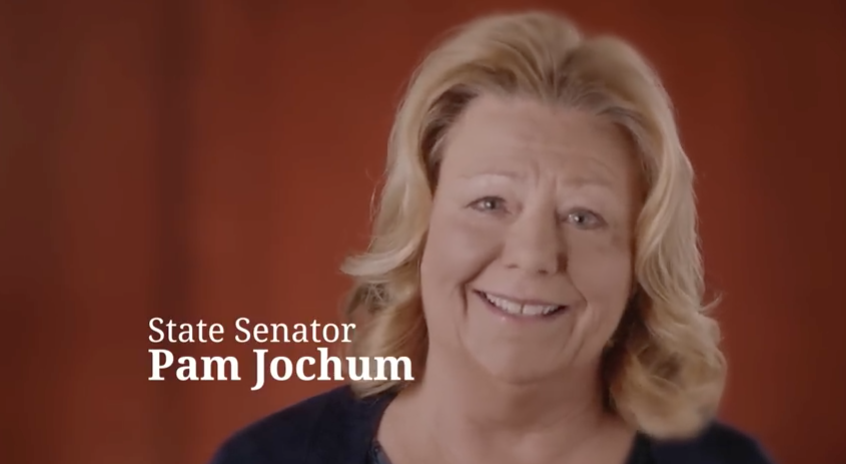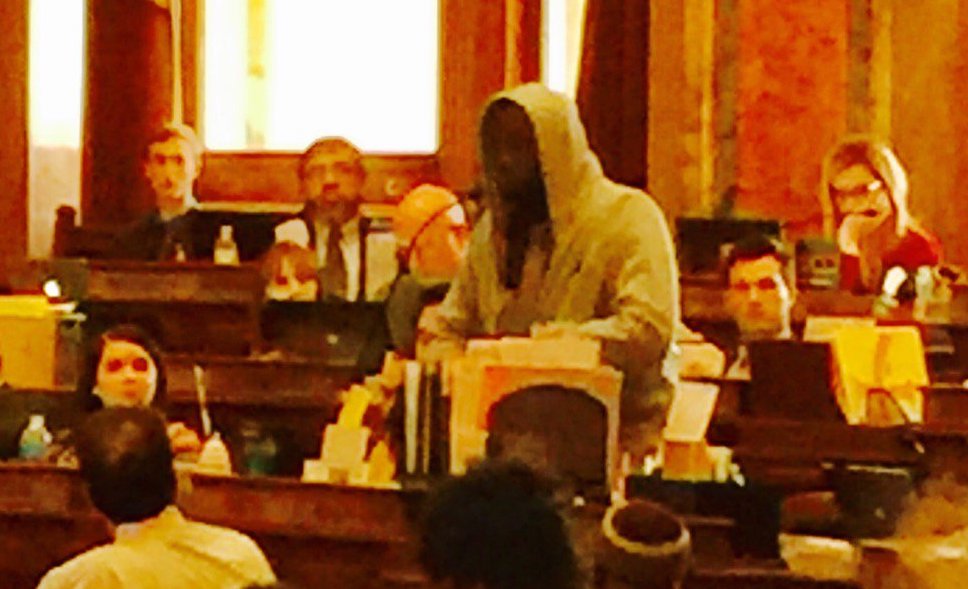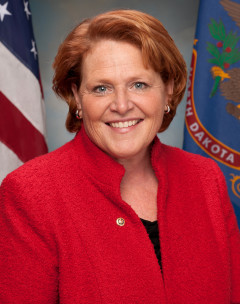Happy Mother’s Day to everyone in the Bleeding Heartland community who is celebrating this weekend. Although abolitionist and feminist Julia Ward Howe originally envisioned the holiday as a “Day of Peace,” our culture approaches today as a time to thank mothers with cards, phone calls, visits, or gifts. In lieu of a traditional bouquet of flowers, I offer wild geranium, a native plant now blooming in many wooded areas, and a shout out to some of the mothers who are active in Iowa political life.
These Iowa mothers now hold state or federal office: U.S. Senator Joni Ernst, Lieutenant Governor Kim Reynolds, State Auditor Mary Mosiman, State Senators Rita Hart, Pam Jochum, Liz Mathis, Janet Petersen, Amanda Ragan, Amy Sinclair, and Mary Jo Wilhelm, House Speaker Linda Upmeyer, State Representatives Deborah Berry, Timi Brown-Powers, Nancy Dunkel, Ruth Ann Gaines, Mary Gaskill, Lisa Heddens, Megan Jones, Vicki Lensing, Mary Mascher, Helen Miller, Linda Miller, Dawn Pettengill, Patti Ruff, Kirsten Running-Marquardt, Sandy Salmon, Sharon Steckman, Sally Stutsman, Phyllis Thede, Beth Wessel-Kroeschell, Cindy Winckler, and Mary Wolfe.
These Iowa mothers are running for state or federal office this year: U.S. Senate candidate Patty Judge, U.S. House candidates Monica Vernon (IA-01) and Kim Weaver (IA-04), Iowa Senate candidates Susan Bangert, Pam Dearden Conner, Rene Gadelha, Miyoko Hikiji, and Bonnie Sadler, Iowa House candidates Perla Alarcon-Flory, Jane Bloomingdale, Claire Celsi, Sondra Childs-Smith, Paula Dreeszen, Carrie Duncan, Deb Duncan, Jeannine Eldrenkamp, Kristi Hager, Jan Heikes, Ashley Hinson, Barbara Hovland, Sara Huddleston, Jennifer Konfrst, Shannon Lundgren, Heather Matson, Teresa Meyer, Maridith Morris, Amy Nielsen, Andrea Phillips, Stacie Stokes, and Sherrie Taha.
Mother’s Day is painful for many people. If you are the mother of a child who has died, I recommend Cronesense’s personal reflection on “the other side of the coin,” a piece by Frankenoid, “Mother’s Day in the Land of the Bereaved,” or Sheila Quirke’s “What I Know About Motherhood Now That My Child Has Died.” If your beloved mother is no longer living, I recommend Hope Edelman’s Mother’s Day letter to motherless daughters or her commentary for CNN. If you have severed contact with your mother because of her toxic parenting, you may appreciate Theresa Edwards rant about “13 Things No Estranged Child Needs To Hear On Mother’s Day” and Sherry’s post on “The Dirty Little Secret.”
This is an open thread: all topics welcome.







